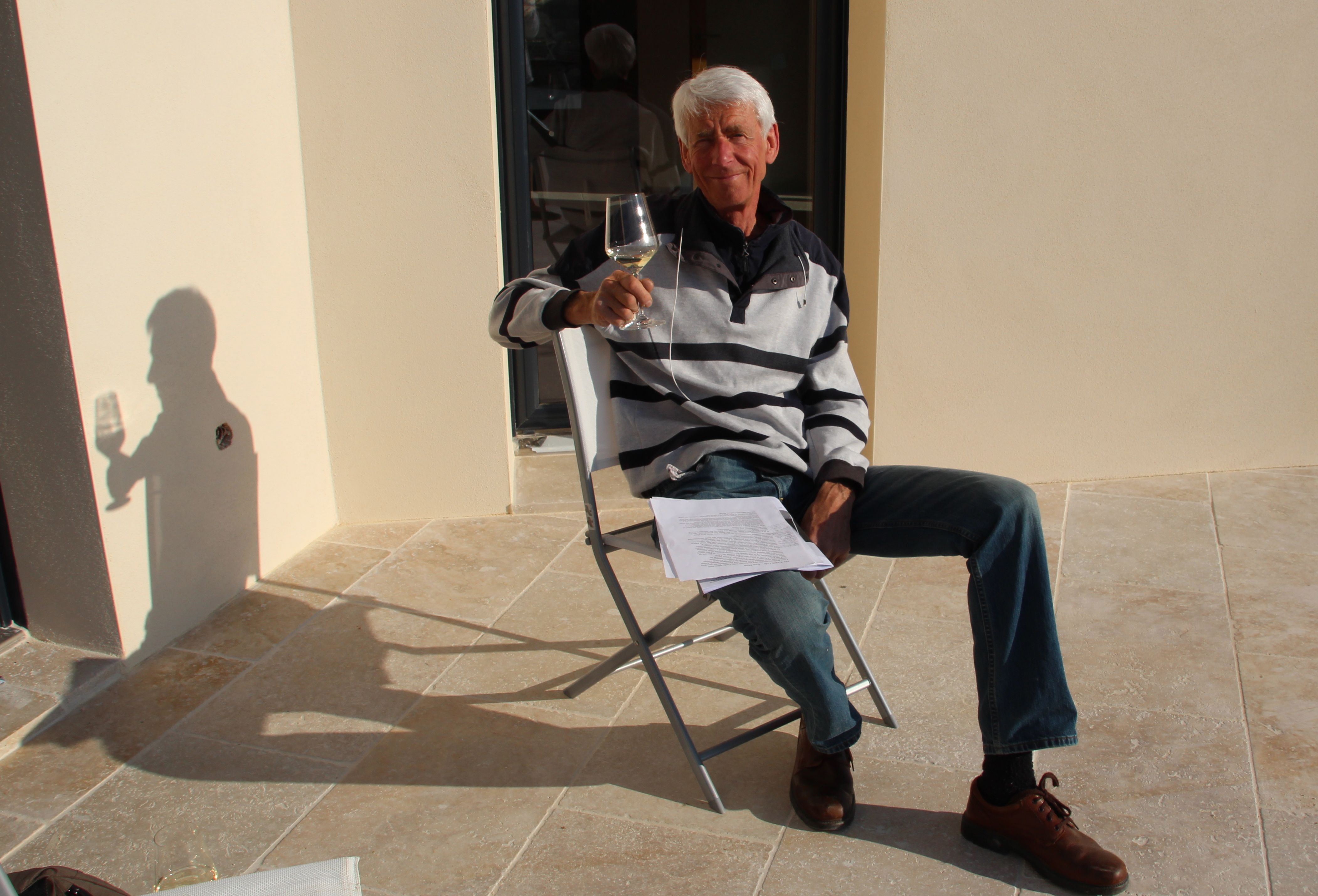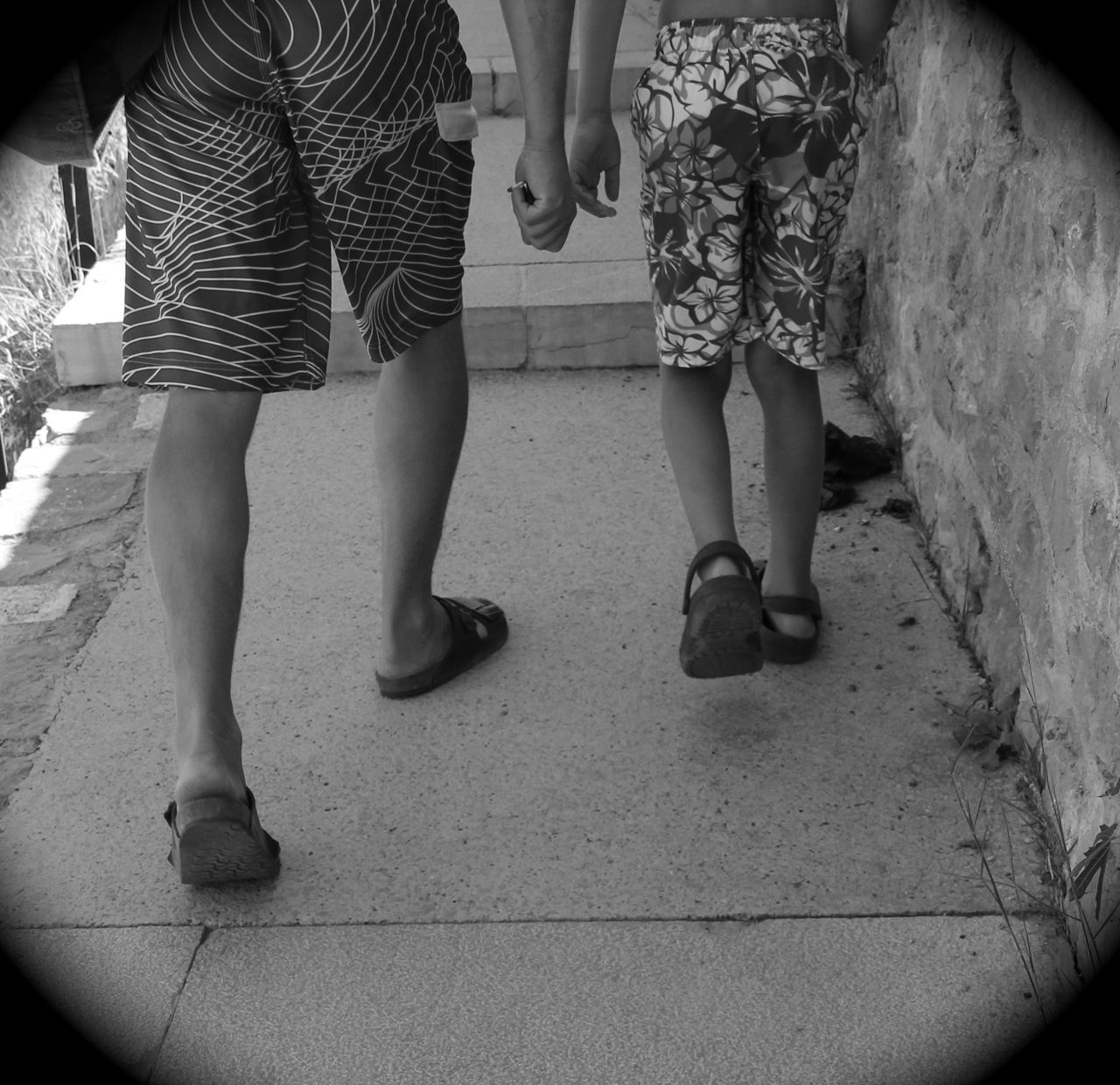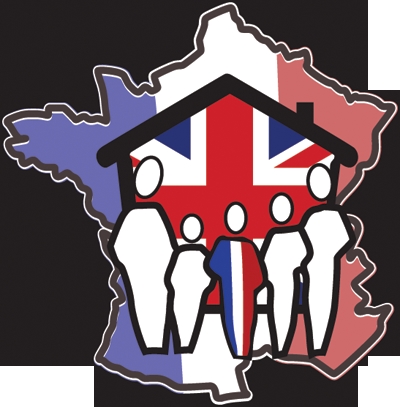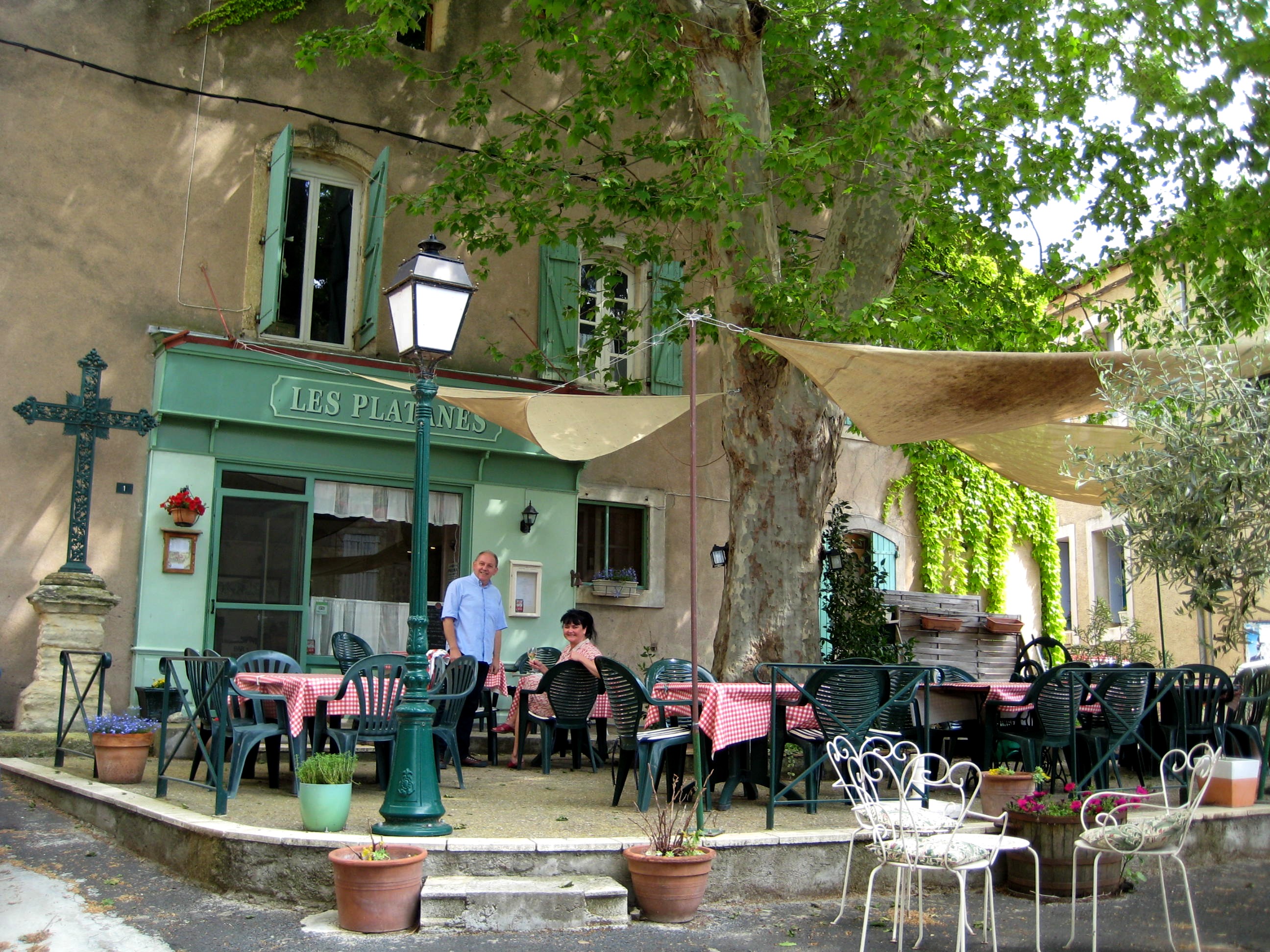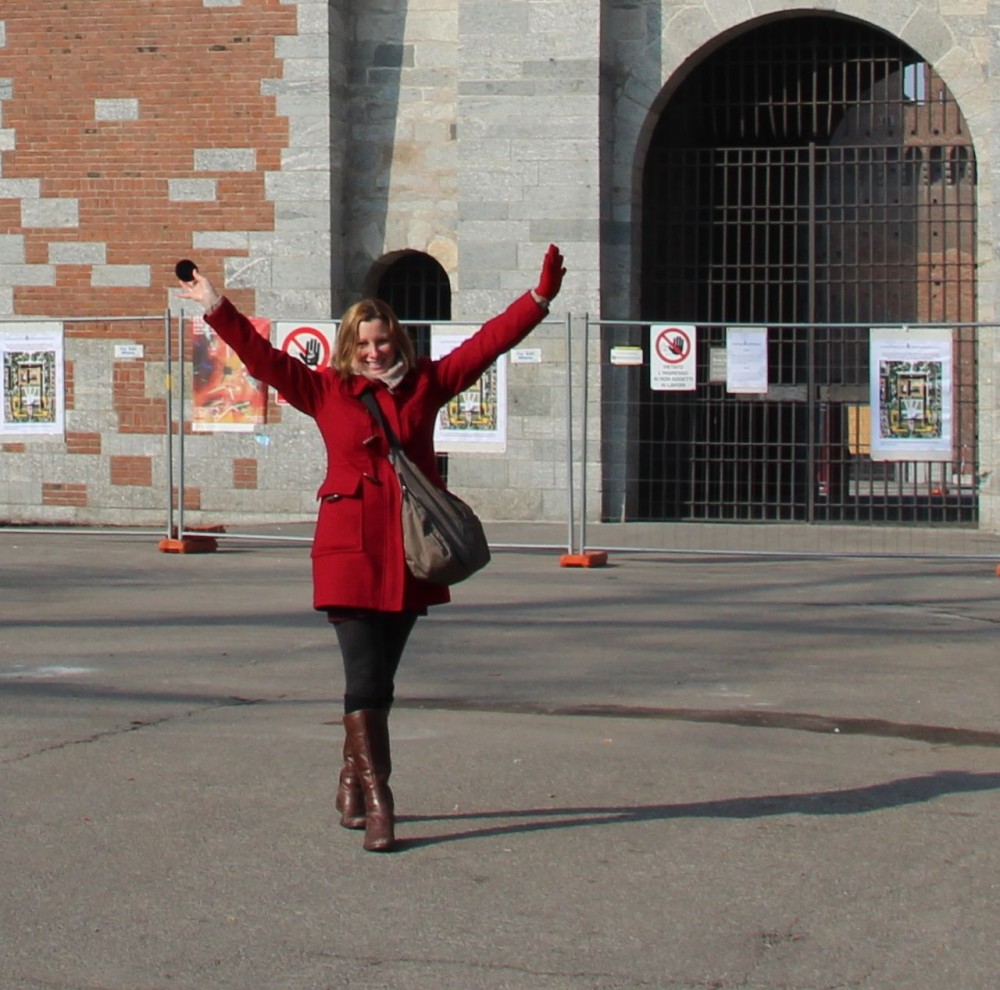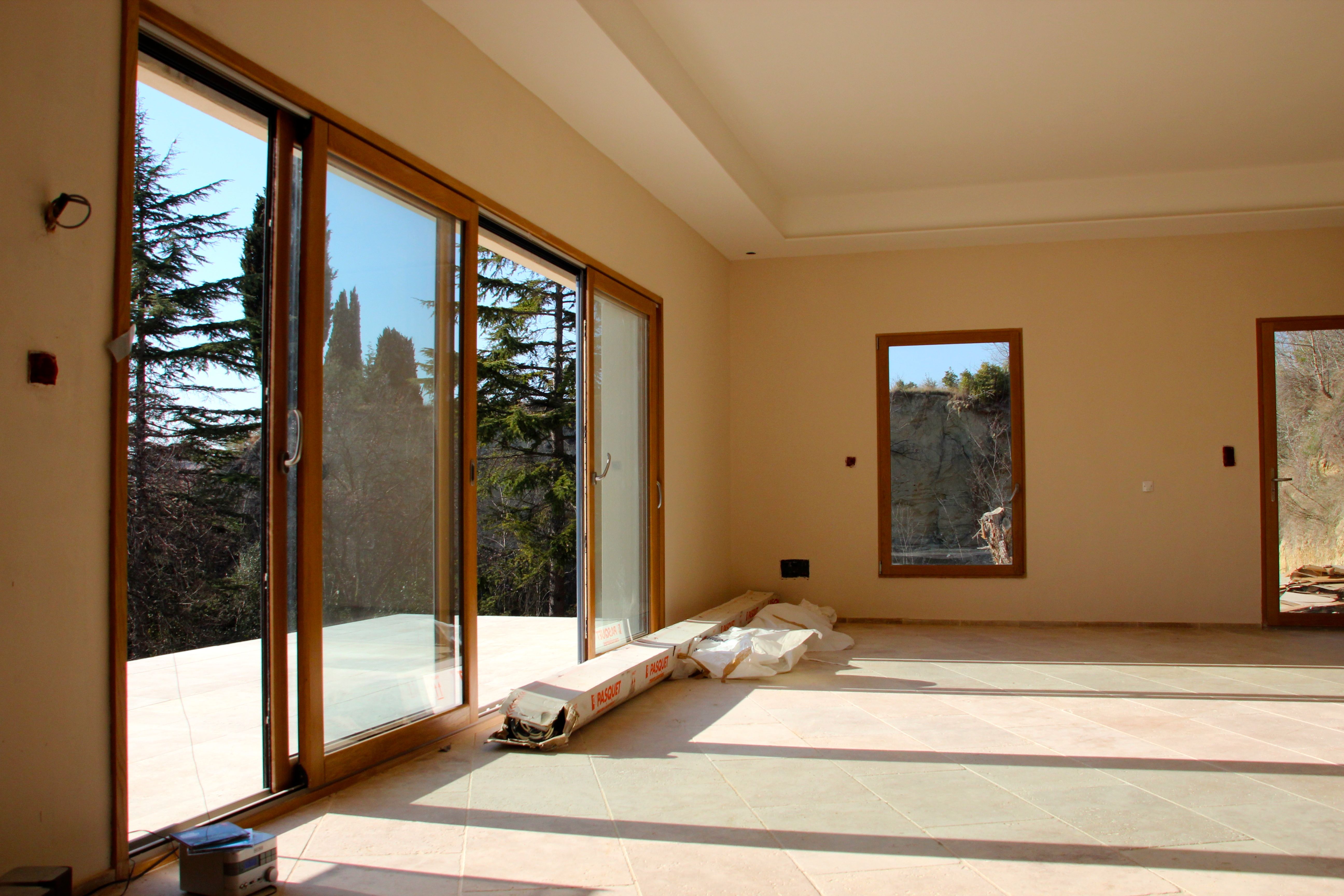
My Expat Life – Eco Man
I met Richard Neville and his lovely wife Linda when their neighbours were selling their home and fortunately for me, they had the key. Of course most people in Capestang already know who they are, such is life in a typical southern French village where separation is about two degrees. Their reputation precedes them, as it is not everyday someone builds an ecologically sound house along the Canal du Midi.
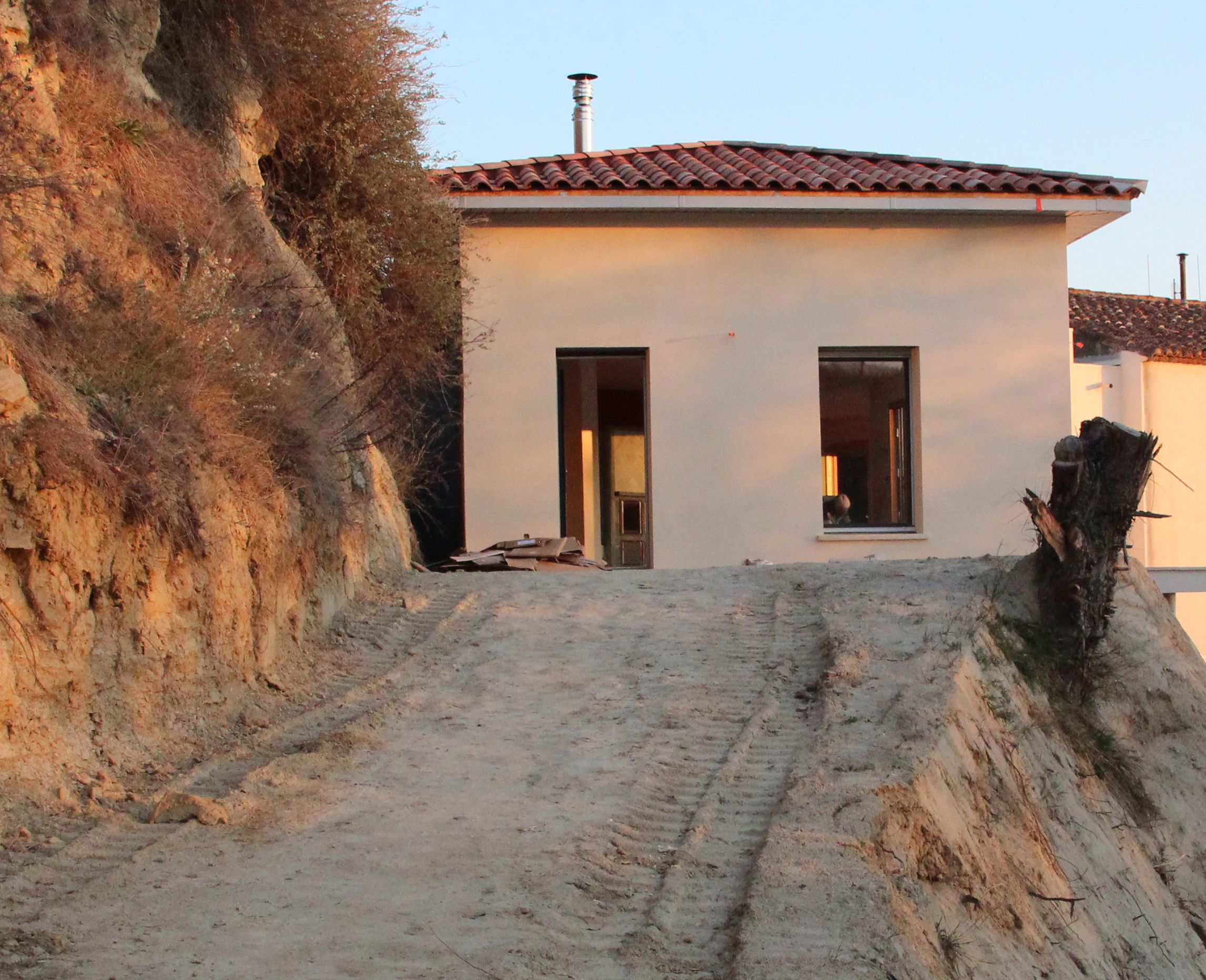
At first, it was a sign describing the construction at the end of their drive that caught my eye, a detailed account of the health and ecological benefits of their plan. Richard’s vision and his design specifically utilize natural features of the site and natural products where appropriate for example; innovative heating and cooling using the location of the house against the cliff to help sustain an average temperature year round. The location of the sun at different times of the year also played a part in where windows were placed and rooms built to maximize the sun as a source of heat and light. Richard is conscience of their carbon footprint, a visionary in these parts, who broke ground with the local Mairie to allow the build and perhaps is paving the way for others to become more environmentally aware. At its most basic architecture it promotes harmony between the built environment and its natural surroundings.
It is a massive undertaking to bring in new ideas to a place where things have been done the same for generations. As the house nears completion, I ride my bike to the Neville’s to see the development and for our interview.
Why did you move to France?
After 7 years living in a floating home, a 100 year-old Dutch barge, we ended up on the Canal du Midi and we decided that it was not a way of life but an adventure in life that had come to an end when we reached Bordeaux, having slowly meandered on nearly every inland waterway of western Europe.
We were free. No house and I had no aged parents in the UK. We could live anywhere in the world and the climate and the way of life in this part of the south of France, although frustrating in certain aspects is very agreeable.
Strongly imprinted in my brain were my school-day pen-pal exchanges with a French boy in Toulon; memories of a wonderful six weeks with him every second year in the south of France. I learned more conversational French that way than by my O’ Level studies.
Also the sunshine of course (in the UK we lived in northern Cumbria), you could say that we wanted to drink wine in the setting sun.
Did you experience culture shock?
Not really. This is not our first experience of the French way of life.
The only cultural difference that I now perceive (but I may well be wrong in this) and find hard to overcome and accept is the French difference to us Brits in terms of empathy, considerateness, putting themselves in the place of others. This shines through in their marketing, in La Crise Viticole, in artisans giving you what they want rather than what you want, in footpath signage, in their driving manners.
Did you do anything since moving to France that you never would have expected?
Yes, getting involved in wine activities again.
We had sold our wine business, my second retirement, but then I found that my other wine and food activities (writing, talks, education, etc.) increased so we sold up – our house, furniture and car – and escaped for a life on an old barge; my third retirement.
But then I found myself being sought as a Belgian beer expert, having tasting notes of 750 beers after spending three winters moored in Bruges. Now I find myself writing some wine articles and restaurant reviews and I have promised to form a dining club for a well-known restaurant. I am also helping local small vignerons whose wines I consider exceptional by finding importers or by bringing their wines to the attention of the world’s top wine writers.
Someday soon, I hope, I will have a fourth and final retirement.
What did you do to integrate with your community?
I have played for the Capestang tennis team, been a committee member of the local Slow Food convivium and I am an active member of the local French-English conversation group. I am on the interview panel for the Tourist Office.
Tell me something special about the Languedoc that most people don’t know
I don’t know what most people don’t know. How to ease untreated fruit and vegetables out of a lock keeper who is a keen natural gardener maybe?
What is the worst thing about being an expat?
Being apart from family and old friends.
Having to pay for our wine!
Always being an outsider. Never being able to fully understand the connotations, expressions and slang of the French language.
The difficulty in finding quality food ingredients.
French beer!
What is your favourite thing about being an expat?
Passing from somebody who was a reasonably well-known and respected member of a local community to someone without expectations to live up to. Anonymity is a pleasure.
Eating al-fresco.
The easy access to much of the administration system is great because of the system of local Maries, but it is starting to be eroded by the growth of Community of Communes. Centralization creates barriers and inertia.
The challenge.
What do you miss the most about your home country?
Real ale.
Environmental awareness (but France is catching up).
The countryside of the Lake District.
The smell of English dry cured or smoked bacon sizzling under the grill.
What is a myth about your adopted country?
The best food is here. Perhaps I should qualify that by saying that the best everyday food.
What advice would you give other expats?
You have emigrated. Enrich your life by adopting your new culture and don’t get too sucked into living a UK life but in a different place.
Get rid of your UK language television and radio reception and learn French by listening.
Join in the local life as best you can. It does not matter what, one thing leads to another. Join a walking group for example, or Slow Food or Zumba dancing lessons or think of a way that you can be of help to your local community and offer your services.
What are you currently working on? Projects, books, business ventures…
Building a house that is healthy to live in, unlike most modern construction and follows the principles of bio-climatic design and thermal inertia, all to give us accommodation that is tailored to how we want to live, with a very small negative whole-life impact on the environment. It is on the Canal du Midi in Capestang, neighbouring the Office de Tourisme and is almost complete. It has been a real struggle, one that started in 2007 and has totally occupied my time. I shall have to hold a ‘coming out’ party on completion.
On the back burner is a book about our life afloat and one about Belgian beer.
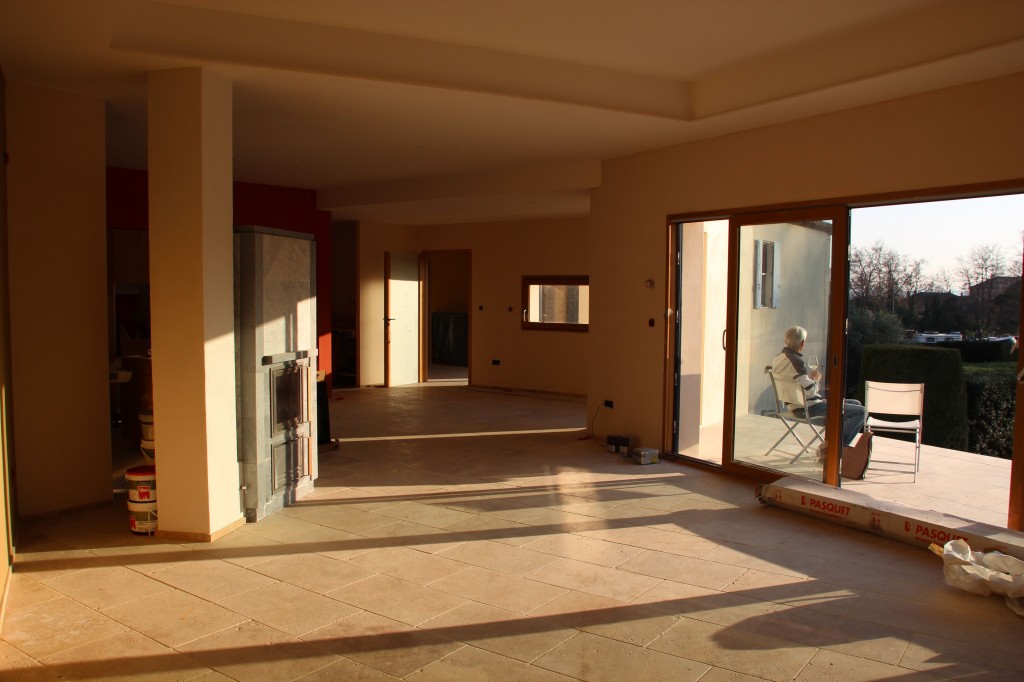
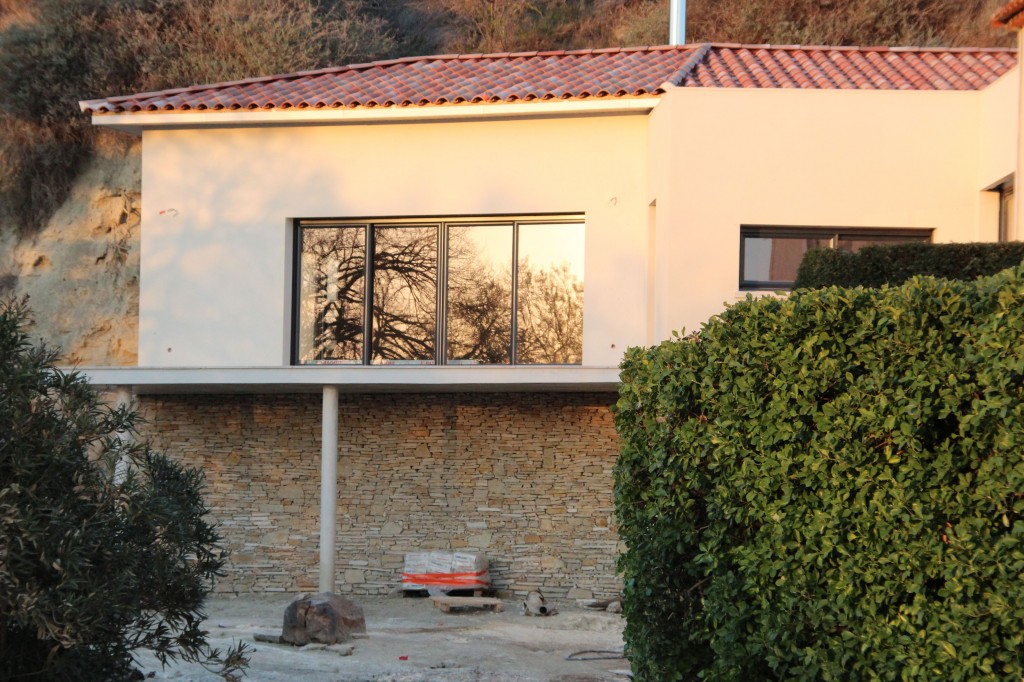
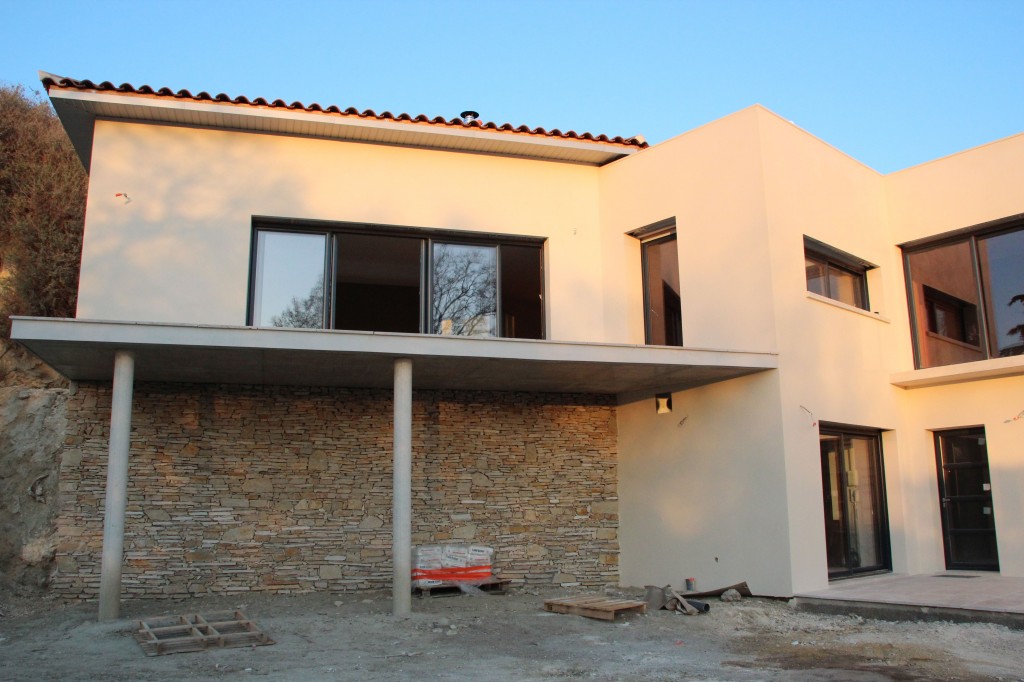
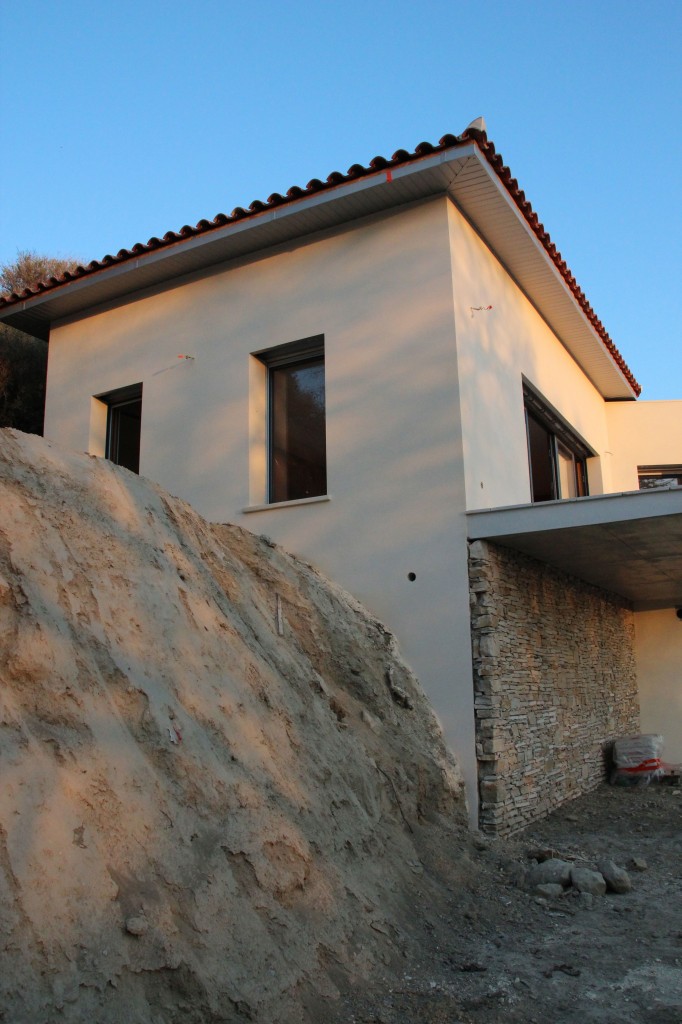
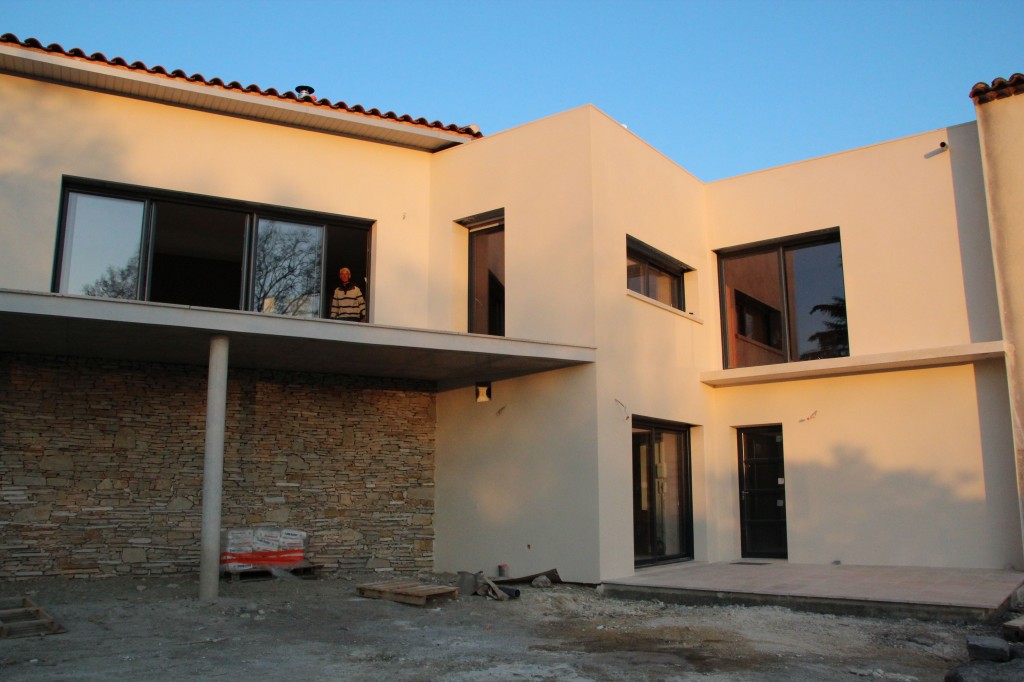
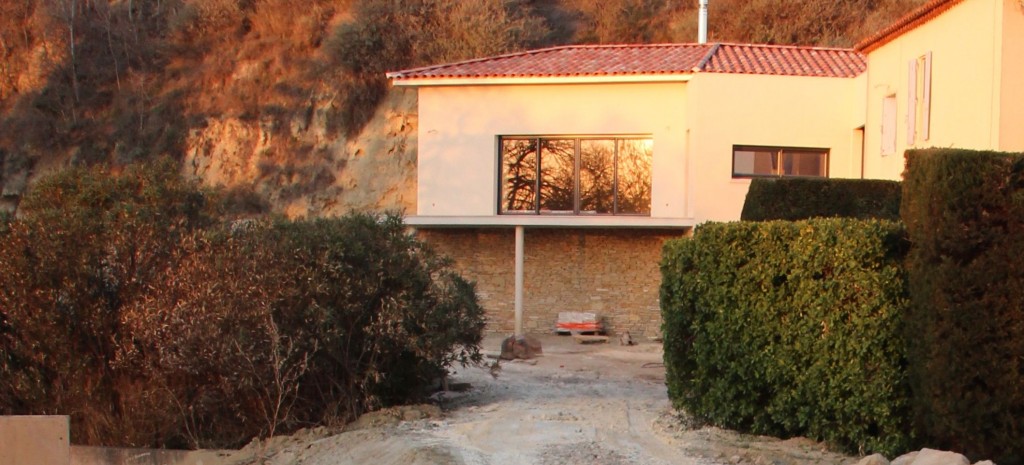
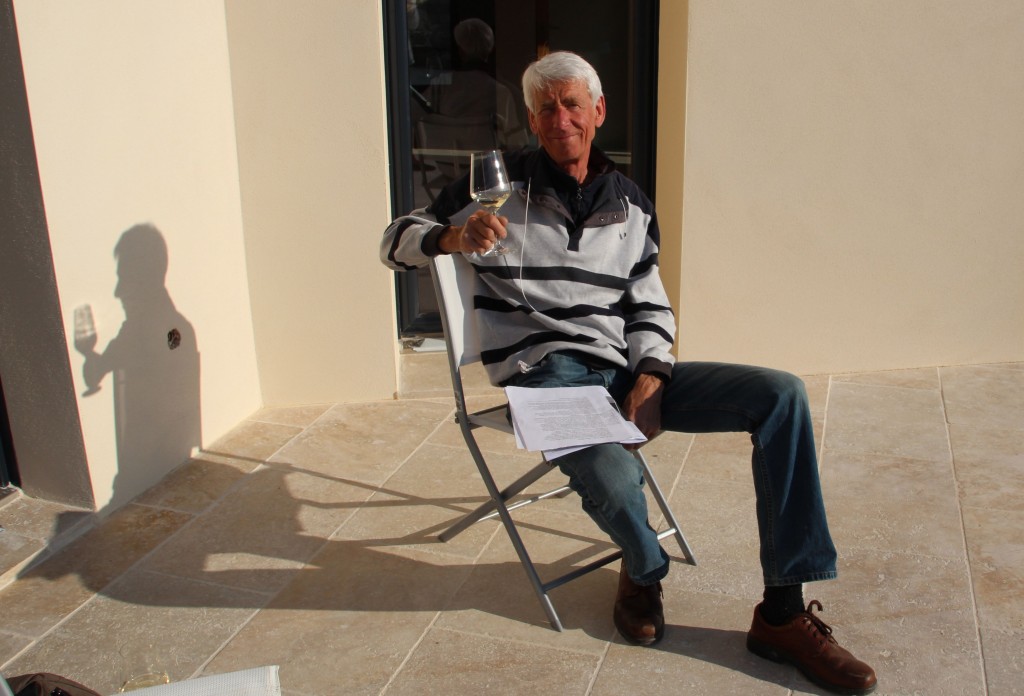
The Neville’s take healthy living to all aspects of their life from eating organic, to exercise, to composting. It was only natural their ecological credential spread to the living quarters. They are an example of clean living, one I particularly admire.
